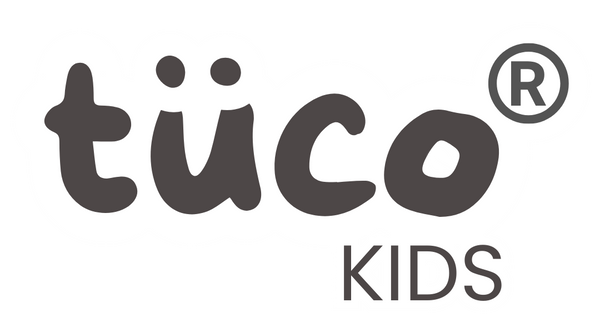
Puzzles for Kids: Why Solving Shapes and Patterns Boosts Brain Development
Few activities are as simple yet powerful for a child’s growth as puzzles. At first glance, they might just look like pieces of cardboard scattered across the floor, but every time a child turns, flips, and fits those pieces together, their brain is hard at work. Puzzles challenge kids to think critically, recognize patterns, solve problems, and use both logic and creativity to reach a goal. And the best part? They learn all of this while having fun.
From chunky wooden shapes for toddlers to complex jigsaw scenes for older children, puzzles grow with kids and support their development at every stage. They are not just toys but essential learning tools that stimulate mental, emotional, and even social growth.
How Puzzles Strengthen Young Minds
1. Enhancing Cognitive Skills
Every puzzle is a mini workout for the brain. As children try to figure out which pieces fit together, they are building essential cognitive abilities such as problem-solving, reasoning, and logical thinking. Recognizing shapes, colors, and spatial relationships improves their ability to categorize and organize information, skills that are crucial for math, science, and reading later on.
2. Boosting Memory and Concentration
Solving a puzzle requires children to remember shapes, colors, and positions. This repetition strengthens short-term memory and improves their focus. As their concentration grows, so does their patience and persistence — qualities that help them succeed in academic and everyday challenges.
3. Developing Fine Motor Skills
For younger kids, picking up puzzle pieces, rotating them, and fitting them into place improves hand-eye coordination and fine motor control. These skills lay the foundation for writing, drawing, and performing precise tasks.
4. Encouraging Problem-Solving and Critical Thinking
Puzzles teach children that every problem has a solution, but finding it requires trial and error, patience, and flexibility. This mindset builds resilience and helps them approach challenges with confidence, both in and out of the classroom.
5. Fostering Creativity and Imagination
While puzzles strengthen logic and reasoning, they also stimulate creativity. Children learn to visualize the bigger picture, anticipate outcomes, and think outside the box — all of which are vital for creative thinking.
Building Confidence Through Play
One of the most powerful outcomes of solving puzzles is the sense of achievement kids feel when they finally complete them. That small victory builds self-esteem and teaches them that perseverance pays off. This boost in confidence goes beyond playtime and influences how they approach new challenges, whether it’s learning to read, mastering a new sport, or expressing themselves in social settings.
Confidence Comes From Care Too
Confidence in children grows not only through learning and play — it’s also rooted in how they feel about themselves every day. Building simple hygiene habits, kids’ skincare routines, and gentle hair care practices helps little ones develop a strong sense of self and personal responsibility. When children learn the basics of caring for their skin and hair, they stay clean, comfortable, and proudly in charge of their well-being.
Using safe, dermatologically tested skincare products, and age-appropriate hair care products for kids ensures their delicate skin and hair are protected while they explore the world. Soft, hydrated skin and healthy-looking hair boost their comfort and self-esteem — helping them feel confident at school, during playdates, and everywhere they go.
By teaching these small, mindful habits at home, parents empower children to build body positivity, cleanliness awareness, and lifelong healthy routines. A little bit of care each day can make a big difference in how bright, bold, and self-assured kids feel as they grow.
Types of Puzzles and What They Teach
-
Shape Sorters: Perfect for toddlers, helping them learn basic geometry and hand-eye coordination.
-
Jigsaw Puzzles: Encourage problem-solving, sequencing, and visual-spatial skills.
-
Pattern Puzzles: Build critical thinking and pattern recognition, essential for early math.
-
Word and Number Puzzles: Strengthen literacy and numeracy skills.
-
3D Puzzles and Construction Sets: Improve spatial awareness and logical thinking.
Making Puzzles Part of Everyday Play
-
Start with puzzles that match your child’s age and gradually increase complexity as they grow.
-
Solve puzzles together to build communication skills and teach teamwork.
-
Celebrate small wins to keep them motivated.
-
Encourage them to create their own puzzles using paper and craft materials to add a creative twist.
Final Thoughts
Puzzles are more than a way to pass time — they are a foundation for building problem-solving skills, resilience, creativity, and confidence. Each piece a child connects is a small step in wiring their brain for lifelong learning. And when combined with healthy self-care habits, from daily skincare routines to regular hair care, parents can nurture not just smart kids but also confident, happy, and well-rounded individuals.

